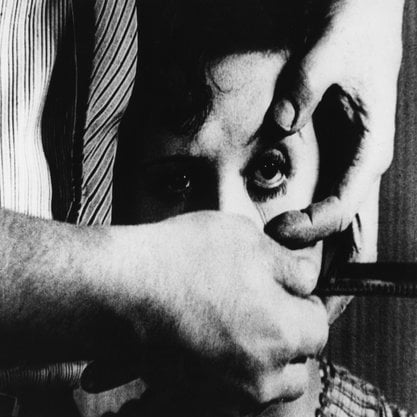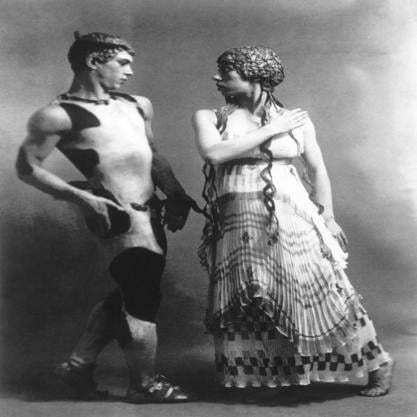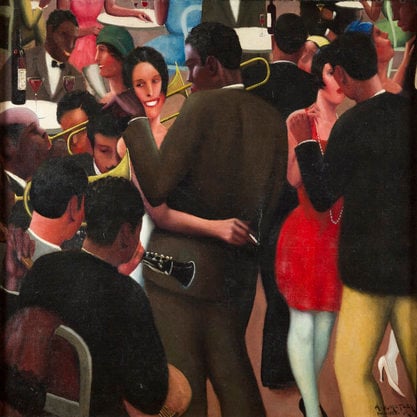Article
Cocteau, Jean (1889–1963) By Leskosky, Richard J.
Article
Jean Cocteau (Jean Maurice Eugène Clément Cocteau) was an influential, prolific, multi-talented French artist, writer, critic and filmmaker. He wrote poetry, plays, libretti for ballets, journals, and screenplays; he adapted his own and others’ writing for the stage and screen. He illustrated books, painted, created mosaics, tapestries, and stained glass windows, and designed sets and costumes. He also occasionally appeared on stage and in films and starred (essentially playing himself) in his last film Le Testament d’Orphée [The Testament of Orpheus] (1960). Outside France, Cocteau remains best known for his films and for his plays, which regularly continue to be staged around the world.
Cocteau was born in Maisons-Lafitte, France, on July 5, 1889, to a wealthy, art-conscious family and began to attract attention with his poetry in his late teens. He was friends with and collaborated creatively with the most prominent artists of his time. Pablo Picasso, Amedeo Modigliani, and photographer Man Ray, for example, all did portraits of him. It was to a young Cocteau in 1912 that ballet impresario Sergei Diaghilev issued his famous challenge, ‘Etonne-moi!’ [‘Astonish me!’].





